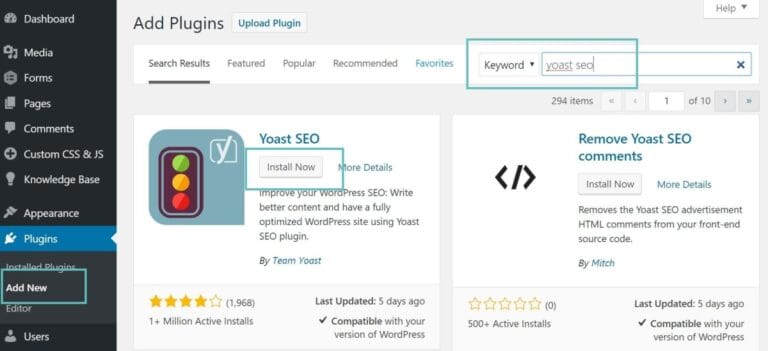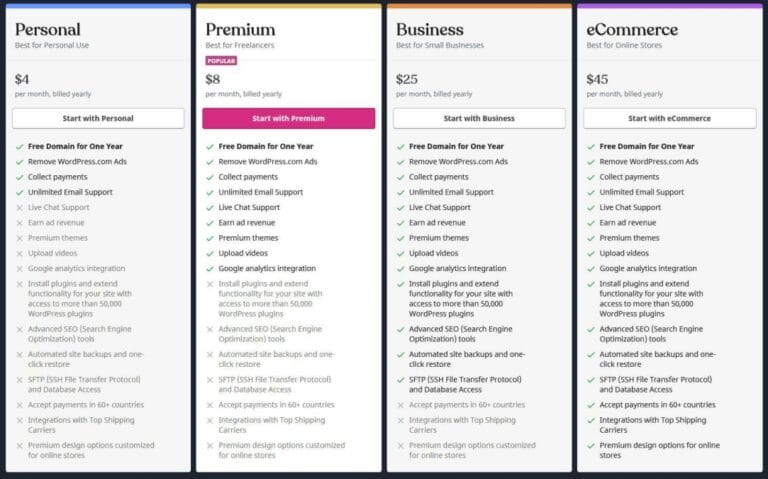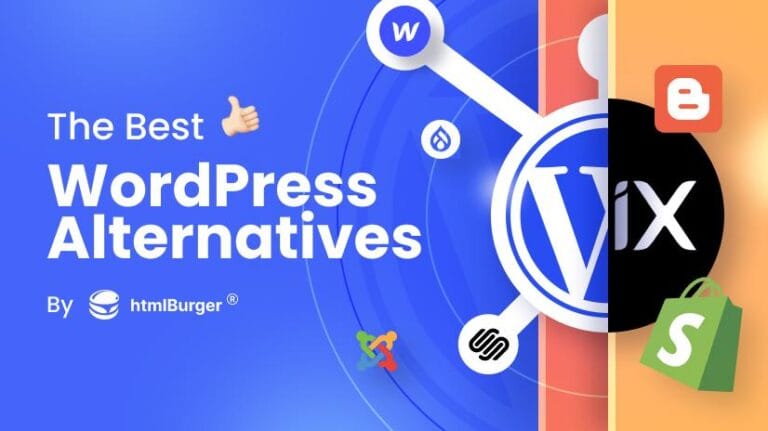If you’ve dabbled in website building, you’ve probably heard of WordPress and PHP. They’re two heavyweights in the digital world, each playing a big part in how we create and run websites today. But here’s a thought: could WordPress actually take over from PHP? As more folks turn to user-amiable platforms to whip up beautiful sites without diving deep into code, it raises some engaging questions. In this article, we’re diving into the nitty-gritty of whether WordPress could ever eclipse PHP or if there’s still a place for PHP in the future of web progress. So grab your favorite beverage, and let’s unpack this topic together!

Exploring the WordPress Ecosystem and its PHP Roots
When we talk about the WordPress ecosystem, it’s crucial to recognize that it’s built on the strong foundation of PHP. This language is the backbone of countless websites and applications, giving WordPress its power and versatility. Now, let’s break down what makes WordPress tick and how it interacts with PHP. The relationship between the two is pretty straightforward: WordPress uses PHP to manage and manipulate data, allowing users to create dynamic content easily.
WordPress really shines in how it allows anyone to set up a site without needing to mess around with complex coding. Thanks to the wide variety of themes and plugins, users can customize their sites without ever writing a line of PHP. This makes it especially appealing for people who want to establish an online presence without getting bogged down in the techy details. With just a few clicks, you can install a theme, choose a plugin, and voila! Your site is tailored to your needs.
Here are a few key factors that make WordPress and PHP a winning combo:
- open Source: Both WordPress and PHP are open-source, meaning anyone can contribute and improve the software.
- Large Community: There’s a huge community of developers and users who are constantly sharing knowledge, building plugins, and fixing bugs.
- Flexibility: WordPress can be tailored for anything from personal blogs to huge eCommerce sites, all thanks to its PHP roots.
To give you a better sense of how PHP supports WordPress, check out this table:
| Feature | PHP Role |
|---|---|
| Database Interaction | Handles queries to get data from the database. |
| Theme Rendering | Dynamically generates HTML pages based on user input. |
| Plugin Functionality | Allows for additional features and customizations. |
How WordPress Simplifies Web Development for everyone
Web development can feel like a maze, especially if you’re just starting out. That’s where WordPress shines. It offers an easy-to-use interface that allows folks without any coding background to launch a website quickly. You don’t have to dive into a sea of complex code to get your site up and running. Instead, you can focus on what matters: sharing your ideas, products, or services with the world.
another cool thing about WordPress is its versatility. Whether you want a simple blog, a portfolio to show off your work, or even an online store, WordPress has got you covered. You can pick from thousands of themes and plugins to customize your site just how you want it.Want to add a contact form or integrate social media? There’s a plugin for that. It’s like having a toolbox filled with all the right tools for your projects!
For those looking to learn a bit more about the technical side, WordPress provides a friendly introduction to web development. Even if you’re not a coder today, you can tinker with basic HTML and CSS styling to make your site truly yours. Plus,the community support is huge. There are countless tutorials, forums, and documentation available to help you every step of the way.
Here’s a swift comparison to give you an idea of how WordPress stacks up against conventional coding in PHP:
| Feature | WordPress | PHP Development |
|---|---|---|
| Ease of Use | Very Easy | Moderate to Difficult |
| Customization Options | High | Custom Code |
| Community Support | Strong | Moderate |
| Learning Curve | Gentle | Steep |
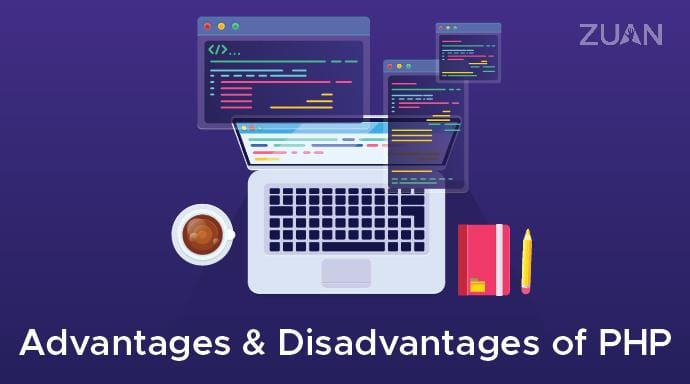
Understanding the Limitations of PHP in Today’s Web Landscape
When it comes to web development, PHP has been a trusty companion for many years now. However, in the fast-paced tech scene, it’s feeling a bit outdated. As sites become more dynamic and user-centric, PHP’s limitations start to show. For instance, while it’s decent for building traditional server-side applications, it often struggles with complex, real-time features that modern users expect.
One major downside is PHP’s performance issues. While it can handle basic tasks without breaking a sweat, things get tricky under heavy loads. High-traffic situations can lead to slow response times and crashes, pushing developers to look for alternatives. Also, with the emergence of technologies like Node.js and frameworks like React, many developers are choosing tools that better meet the demands of today’s users.These alternatives can handle real-time interactions and high concurrency way more efficiently than PHP can.
Another important point is that PHP lacks a strong package management system. Sure, it has Composer, but compared to ecosystems like JavaScript’s npm, it doesn’t quite measure up. This can make life tougher for developers trying to integrate third-party libraries or frameworks. And let’s not forget about the learning curve for newcomers. Many developers find languages like javascript more approachable due to their growing community and available resources, leaving PHP a bit in the dust.
| Aspect | PHP | Alternatives (Node.js, React) |
|---|---|---|
| Performance | Good for basics, struggles under load | Handles high traffic smoothly |
| Real-time capabilities | Limited | Excellent support for real-time features |
| Package management | Composer, but outdated | npm, widely used and robust |
| Learning curve | Moderate | Generally easier for newcomers |

What Features Could Propel WordPress Beyond PHP
Imagine a world where WordPress doesn’t just rely on PHP to power every aspect of its functionality. There’s a ton of potential for integrating new tech that could streamline processes and enhance user experiences. For starters, if WordPress embraced something like JavaScript frameworks (think React or Vue), it could open the door to creating more dynamic, responsive interfaces without getting bogged down by PHP’s sometimes clunky performance. By serving content quicker and with less server load, we could genuinely redefine what it means to build a site on this platform.
Then there’s the idea of using WebAssembly.This is basically like giving WordPress a serious upgrade, allowing it to run code written in other languages right in the browser. This means faster load times, better performance, and the ability to do more complex tasks without needing a heavy backend.Imagine what developers could create if they harnessed this technology – they could push the limits of what’s possible in web design and user interaction.
Don’t overlook the importance of API integrations. With headless WordPress, the back-end is powered by WordPress while the front-end can be developed using any tech stack. This flexibility could attract more developers looking for modern solutions. By being able to use languages and tools outside of PHP, users could tap into a broader range of features that focus on speed and usability, making the platform even more attractive for new projects.
| feature | Description |
|---|---|
| JavaScript frameworks | Faster, more interactive interfaces. |
| WebAssembly | Run heavy tasks directly in the browser. |
| API Integrations | Enhance flexibility with various tech stacks. |
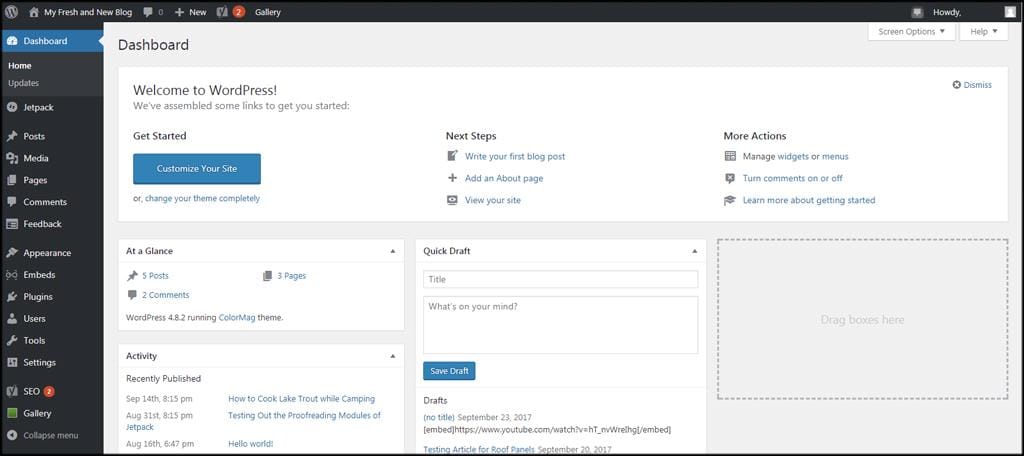
Tips for Developers: Embracing WordPress without Losing PHP Skills
If you’re a PHP developer and thinking about jumping into WordPress, it’s a great move! But, you might be feeling a little uncertain about how to keep your PHP skills sharp while you embrace this powerful CMS. Here are some tips to help you hit the ground running without forgetting your roots.
Get Cozy with Theme Development: Building your own themes can be a fantastic way to blend PHP with WordPress. You’ll get hands-on experience with PHP functions alongside the WordPress API. Plus, it gives you the chance to experiment with custom queries and templates. Check out this basic structure:
/*
Theme Name: My Custom Theme
Template: wp-bootstrap
*/
Use Custom Post Types: Through custom post types, you can create tailored content types that suit your needs without losing sight of PHP. The beauty is in using it to fetch, display, and manage your data with familiar PHP code. Think about this structure:
| Custom post Type | Description |
|---|---|
| Portfolio | Showcasing your projects |
| Testimonials | Displaying client feedback |
Explore Plugin Development: If you really want to dig in, try building your own plugins. This is a solid way to make sure your PHP skills stay sharp while diving deep into WordPress functionality. It lets you handle form submissions, custom fields, and even integrate with third-party services. Just remember to keep it simple when you start; complexity can come later!
![]()
Q&A
Q1: What’s the big idea behind the question? Why are we talking about WordPress and PHP taking over?
A1: Good question! So, PHP is basically the backbone of many websites, including WordPress itself. But as WordPress keeps growing, some folks wonder if it could eventually step up and replace PHP or do everything PHP does. Its kinda like debating if a Swiss Army knife can outshine a toolbox full of specialized gear.
Q2: What makes WordPress different from PHP?
A2: Great point! PHP is a programming language. It’s like the engine under the hood of a car. WordPress, on the other hand, is a content management system (CMS) built using PHP, but it’s user-friendly and lets people build websites without needing to code everything from scratch. Think of it as a car that comes fully equipped – you just hop in and enjoy the ride!
Q3: Could WordPress ever completely replace PHP?
A3: Not likely! WordPress relies on PHP to function, so it can’t really kick PHP to the curb. It’s like saying a phone could replace the internet – you need both to get things done. What might happen, though, is that wordpress could keep evolving and handle more tasks, making it easier for people who don’t want to deal with raw PHP coding.
Q4: What are some benefits of using WordPress?
A4: Oh,there are plenty! For starters,it’s super user-friendly,so even if you’re not tech-savvy,you can still manage your own site. There are tons of themes and plugins to customize your site without diving into code. plus,it’s got a big community,so if you hit a snag,chances are someone’s been there and can definitely help you out.
Q5: Are there any downsides to relying solely on WordPress?
A5: Definitely. While WordPress is awesome, it can sometimes be a bit bloated with plugins or themes you don’t really need, which can slow your site down. And as it’s so popular, it’s a target for hackers. You gotta keep everything updated and secure if you want to keep your site safe.
Q6: So what should people consider when choosing between WordPress and PHP?
A6: If you’re just starting out or want a straightforward blog or small business site, WordPress is probably the way to go. But if you’re aiming for something super custom and complex, diving into PHP might be the better route. It all boils down to your needs, skills, and how much control you want over your site.
Q7: Any tips for someone who wants to learn more about either?
A7: Sure thing! For WordPress, there are tons of tutorials and forums online where you can learn the ropes. If you wanna get into PHP,check out some coding bootcamps or online platforms like Codecademy or FreeCodeCamp. Just remember: it takes practice, but it’s totally worth it in the end!

